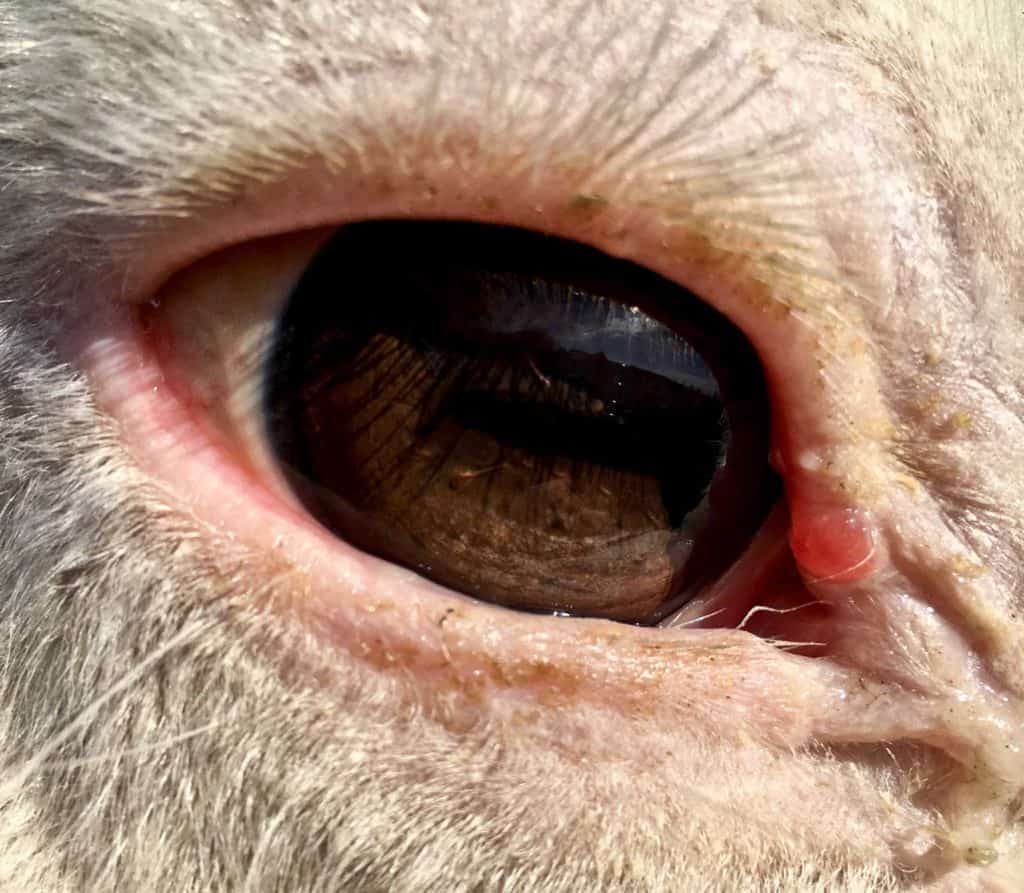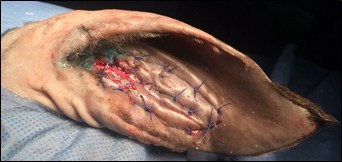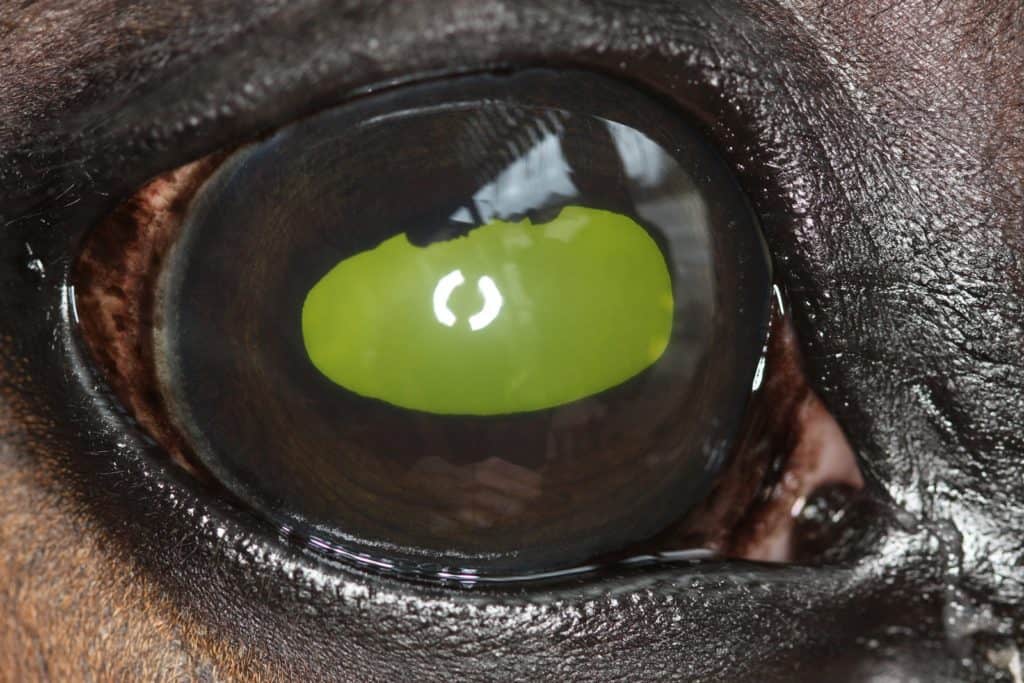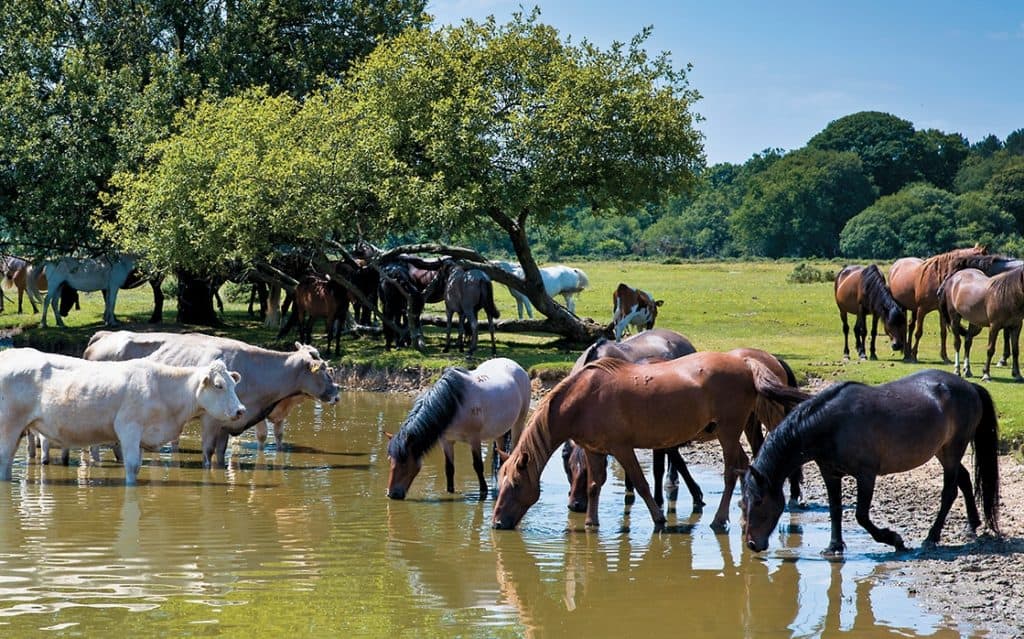
Stranger Things: A Sunken Eyelid
What could be the cause of this horse’s strange eyelid indentation?

What could be the cause of this horse’s strange eyelid indentation?

More than 80 attendees and guests attended the IEOC’s annual symposium held June 1-3 in Saratoga Springs, New York.

It’s crucial to identify and treat abnormalities quickly. Here’s what to watch for.

Squamous cell carcinoma is the most common cancer found in equine eyes and the second most common equine tumor overall.

Contributor Nettie Liburt’s gelding presented with glaucoma and was finally diagnosed with intraocular hypertension.

Dr. Nicole Scherrer explains how natural pigmentation can help protect a horse’s eyes from sunburn.

Equine otohematoma is an uncommon ear condition affecting horses of all ages. Here’s what to know about it.

Learn whether your horse is at risk and if you should be vaccinating for this “new” disease.
Equine recurrent uveitis, or ERU, is the most common cause of blindness in horses worldwide. Here’s what to remember.

This vision-threatening condition often doesn’t become clinically apparent until late in the progression of the disease.
Dr. Dennis Brooks is world-renowned for his contributions to equine ophthalmology.

A seemingly minor ulcer can lead to the loss of vision or the eye itself if complications arise. Here’s what to know.

A vitamin E deficiency can lead to neurologic problems as well as a retina disorder called pigment retinopathy.

The same bacterium causes two very different conditions in horses. Dr. Craig Carter explains.

Leptospirosis is a serious bacterial disease that causes both recurrent uveitis (“moon blindness”)—especially in Appaloosas, draft horses, and Warmbloods—and abortion in horses. But now there’s a vaccine to prevent it. Is your horse is at risk?
Top take-homes from presentations on regenerative medicine, eye issues, racing performance and injuries, and more.
Stay on top of the most recent Horse Health news with
"*" indicates required fields